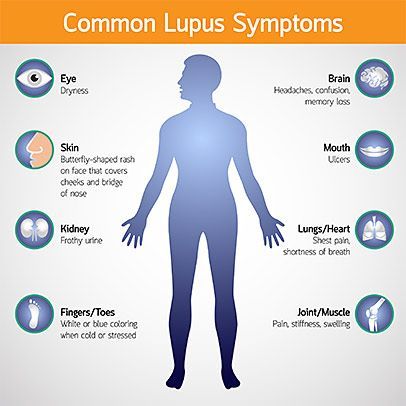At a recent seminar organized by the Department of Medicine and Rheumatology at the Dow University of Health Sciences (DUHS), speakers emphasized the need for greater awareness of lupus disease. Lupus, an autoimmune disease primarily affecting young women between the ages of 15 and 50, currently affects around five million patients worldwide. The speakers highlighted that diagnosing lupus is challenging due to the absence of a single definitive test, and its symptoms often resemble those of other diseases.
Professor Khalid Mahmood from Aga Khan University Hospital, delivering the keynote address, described lupus as a centuries-old disease with complex diagnosis and treatment. Although the disease cannot be cured, proper medication and management can help prevent the worsening of symptoms. Unfortunately, there is a lack of awareness among healthcare professionals regarding the diagnosis and treatment of lupus. Prof. Mahmood expressed concern that doctors still have questions about when to initiate treatment.
The therapies approved by the Federal Drug Administration (FDA) for reducing disease intensity are available primarily in developed countries. In Pakistan, only one or two of these drugs are currently undergoing the registration process. Prof. Mahmood also highlighted additional obstacles to quality patient care and treatment in the country, including social stigma attached to the disease, poverty, and general negligence in medical care. The high cost of treatment further restricts access to care, even for the middle class.
Experts explained that the signs and symptoms of lupus vary depending on the affected body systems. Common indicators include fatigue, fever, joint pain, stiffness, swelling, a butterfly-shaped rash on the face (covering the cheeks and bridge of the nose), or rashes appearing elsewhere on the body. Other symptoms may include skin lesions exacerbated by sun exposure, chest pain, dry eyes, and shortness of breath. Left untreated, lupus can lead to complications, making it crucial for patients to openly communicate their symptoms to doctors for timely intervention.
Professor Iftikhar Ahmed from DUHS stressed the importance of not hiding any information from doctors and promptly reporting disease symptoms for timely treatment. Additionally, Professor Mehfooz Alam of Liaquat National Hospital highlighted the social factors that impede treatment continuity. Young girls diagnosed with lupus before marriage often face criticism from their in-laws regarding the use of multiple medications. During pregnancy, strict adherence to medical advice becomes essential.
Experts called for increased awareness about lupus disease among both the general public and healthcare professionals. Greater knowledge and understanding of lupus will aid in early diagnosis and appropriate management. Overcoming obstacles such as limited access to approved medications and the social stigma attached to the disease is vital to ensure quality care for lupus patients.














